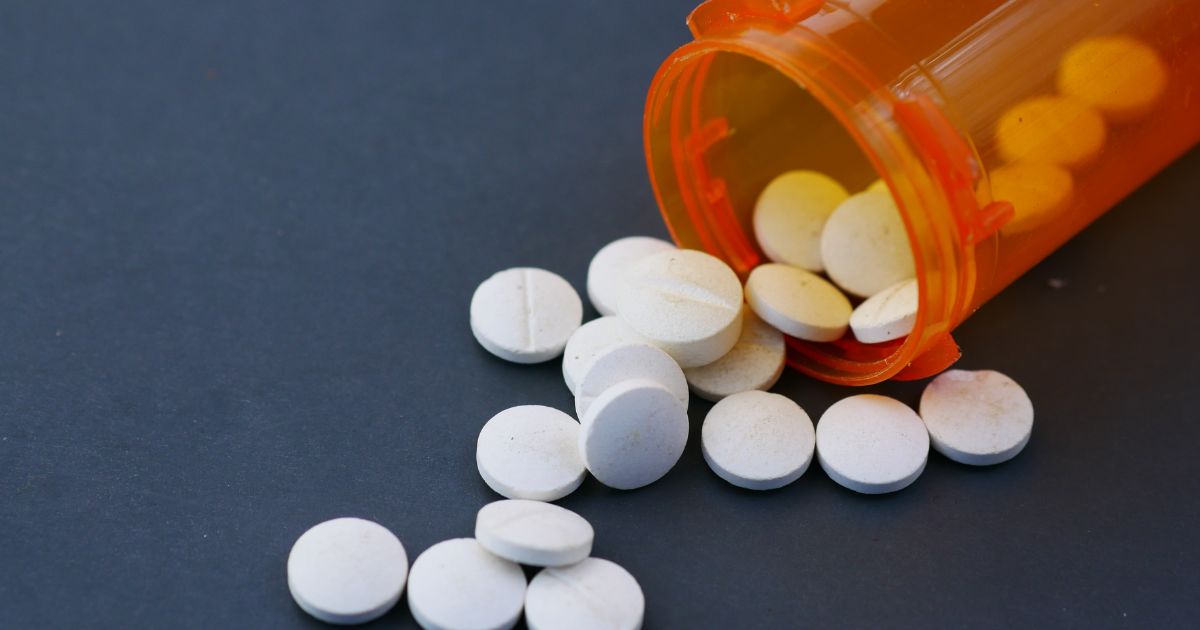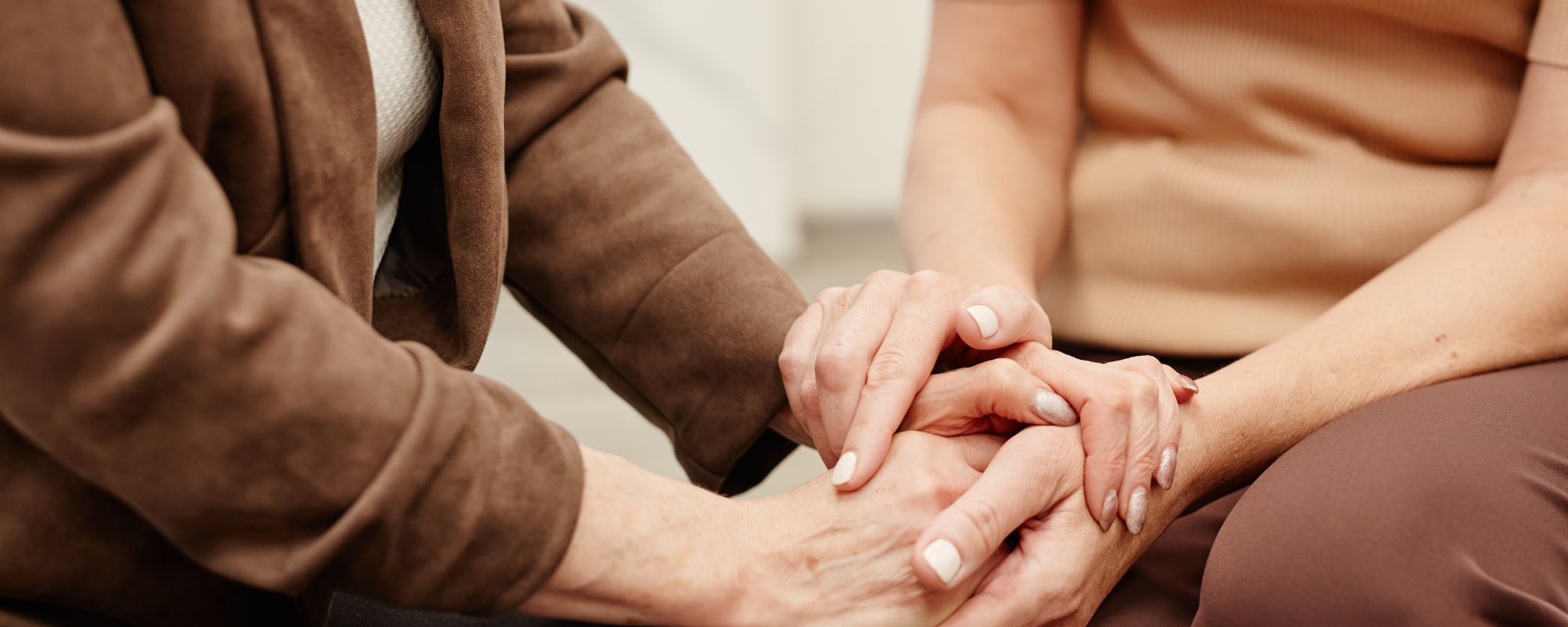According to the National Survey on Drug Use and Health, cannabis, commonly called marijuana, is one of the most used drugs in the United States. While cannabis has received praise for certain medicinal benefits, the drug is still considered to pose the risk of dependence and addiction. For this reason, it is important to understand the risks involved with heavy marijuana use.
What Is Considered Heavy Marijuana Use?
As society becomes more open to the topic of marijuana use, it’s crucial to understand what constitutes heavy marijuana use. Heavy marijuana use refers to the frequent consumption of marijuana, often daily or multiple times a day. The severity can vary from person to person, depending on factors like tolerance levels, duration of use, and the potency of the marijuana consumed.
You might wonder, “What is considered heavy marijuana use?” It can range from consuming larger amounts of marijuana over shorter periods to the chronic use of marijuana over extended periods. To put it simply, heavy marijuana use is when marijuana consumption becomes a significant part of a person’s daily life, often leading to negative impacts on health, relationships, and daily functioning.
The Effects of Heavy Marijuana Use
Heavy marijuana use can lead to various consequences. According to the National Institute on Drug Abuse (NIDA), people who use marijuana as a teenager may experience impaired thinking, memory, and learning functions which negatively impacts brain development.
Short-term effects of heavy marijuana use include:
- Changes in mood
- Altered experience of the senses (seeing brighter colors)
- Distorted perception of time
- Poor memory
- Difficulties with thinking and problem-solving
- Impaired body movement
In general, heavy marijuana use often causes feelings of anxiety and depression. The drug can also increase your risk of developing, or worsening, mental health issues.
Marijuana abuse can impact all aspects of a person’s life. It may lead to problems at home, work, and school along with an increased risk of legal issues. As a result, heavy marijuana use is associated with lower life satisfaction, poorer mental and physical health, relationship problems, lower educational attainment, and unemployment.
Long-term effects of heavy marijuana use include:
- Depression
- Suicidal thoughts
- Anxiety
- Paranoia
- Hallucinations
- Delusions
- Drug-induced psychosis
- Breathing problems
- Increased heart rate
- Intense nausea and vomiting
- Increased risk of addiction
Additionally, long-term heavy marijuana use can lead to physical effects such as coughing, bronchitis, and respiratory infections. Similarly, abusing marijuana increases the risk of heart attack and stroke. Recently, more and more cases of “scromiting,” or cannabinoid hyperemesis syndrome (CHS), is affecting younger people who abuse marijuana. CHS is an unfortunate and painful condition that causes nausea, vomiting, and severe abdominal pain.
With that being said, one of the most dangerous side effects of prolonged cannabis use is that it can lead to an increased risk of addiction — often referred to as marijuana abuse.
For this reason, it’s essential to understand the risks associated with heavy marijuana use and seek help if you or a loved one is struggling with marijuana abuse.
Can You Overdose on Marijuana?
A common question regarding marijuana use is, “Can you overdose on marijuana?” While it’s rare, a marijuana overdose can occur if a person consumes too much of the drug. This condition, often referred to as marijuana poisoning, can lead to severe anxiety, paranoia, panic, high blood pressure, and heart palpitations.
In extreme cases, heavy marijuana use may even lead to hallucinations and delusions. It is possible to OD on marijuana, and it’s essential to seek immediate medical attention if someone experiences these symptoms after consuming marijuana.
How Can Marijuana Rehab Help With Heavy Marijuana Use?
Substance abuse rehab centers, like Royal Life Centers, can provide significant help for those dealing with heavy marijuana use. We offer comprehensive addiction treatment programs tailored to each individual’s needs, promoting a safe and supportive environment for recovery.
During marijuana rehab, treatment programs often include therapy, medication management, and support groups. In doing so, treatment for marijuana can help individuals understand their addiction and develop effective coping strategies.
Marijuana treatment programs can also offer dual diagnosis services for co-occurring disorders. In doing so, people can recieve psychiatric care for any mental illness while in treatment for marijuana abuse.
How To Detox From Marijuana
Detox from marijuana is the first step in the recovery process. During detox, the body rids itself of the substances it has become dependent on. The best detox for marijuana usually involves a combination of medical supervision and therapeutic support. In general, marijuana evaluations may be used to assess an individual’s addiction severity and determine the most appropriate treatment approach.
How Long Does It Take To Detox From Marijuana?
The marijuana detox timeframe varies depending on several factors, including the person’s metabolism, the duration of use, and the amount of marijuana consumed. Typically, withdrawal symptoms start within the first two days of quitting and can last up to a few weeks.
Detoxing from marijuana may include withdrawal symptoms such as:
- Difficulty sleeping
- Irritability
- Anxiety
- Mood swings
- Decreased appetite
- Headaches
- Restlessness
- Cravings for cannabis
It is important to note that marijuana use disorder affects different people differently. For this reason, it is essential to develop an individualized treatment plan with the help of qualified professionals in detox for marijuana.
What Are the Benefits of Quitting Marijuana?
Marijuana, especially when used heavily, can harm your mental and physical health. But deciding to stop can bring about positive changes.
For instance, the most immediate and noticeable benefit is the return of mental clarity. This is because prolonged, heavy marijuana use can cause memory problems, difficulty concentrating, and a general sense of haziness. By quitting, you allow your brain to heal. Once you stop smoking marijuana, you can experience improved memory, better concentration, and a heightened sense of awareness as a result.
Additionally, quitting marijuana can help restore your physical health. The coughing, lung issues, and risk of other health problems linked to marijuana smoke can diminish. You’ll also likely experience increased energy and improved sleep patterns, which can have a profound effect on your overall quality of life.
Other benefits include financial savings, healthier relationships, increased productivity, and improved mental health. The gains are undoubtedly significant, and as many of those in recovery can attest, sobriety can open doors to a fulfilling and healthy life that may have seemed impossible while in the midst of heavy marijuana use. In fact, the first year of sobriety can be a time of immense growth and change.
To help you navigate this important phase, we’ve curated insights and experiences to shed some light on how to manage your first year in sobriety.
Reach Out for More Information About Marijuana Rehab
Using marijuana frequently can be dangerous. Understanding these dangers is the first step to getting better. The next step is asking for help. At Royal Life Centers, we give you the tools, resources, and support needed to help with heavy marijuana use and other substance abuse issues.
Our treatment programs are made to fit each person’s needs. As part of our comprehensive care, we offer an array of addiction treatment programs and services, such as medical detox services, residential treatment programs, and outpatient care. Through all of our rehab programs, we provide guidance, support, and the tools to help you live a healthy, drug-free life.
For more helpful information, the National Institute on Drug Abuse provides a wealth of valuable, up-to-date information about marijuana rehab and recovery.
Entering Our Marijuana Addiction Treatment Program
At Royal Life Centers, we understand the courage it takes to combat addiction. We know that each person we assist possesses innate strength, resilience, and the capacity to overcome. For this reason, we are committed to walking this path of recovery alongside you, comprehending the struggles, uncertainties, and challenges that come with recovery.
You may also find answers to common questions about our programs and services on our frequently asked questions page. Remember, at Royal Life Centers, we’re not just a source of information — we are a support system dedicated to your recovery. If you have more questions about what is considered heavy marijuana use, or if you’re ready to start your journey toward sobriety, we are here to help.
Whether it’s you or a loved one grappling with heavy marijuana use, please don’t hesitate to reach out to us at Royal Life Centers. We stand ready to assist you in reclaiming your life. Our kind and skilled team is available round the clock at (877)-RECOVERY.











